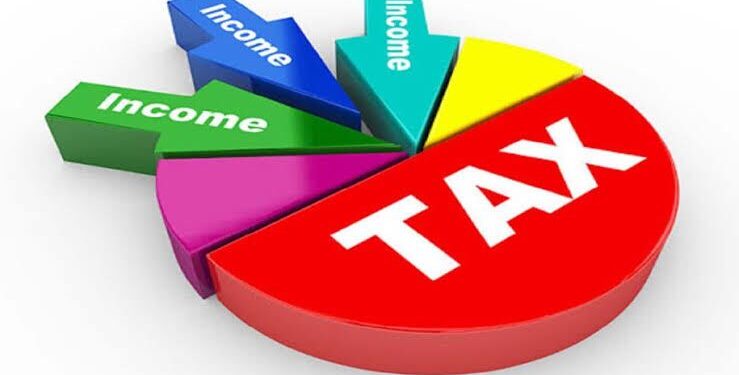In Nigeria, tax is a compulsory payment imposed by the government on individuals and businesses to generate revenue for national development. It funds public services like education, healthcare, and infrastructure. Taxes are collected at the federal, state, and local levels, with key types including personal income tax, company income tax, VAT, and withholding tax. Paying tax is a legal duty, and failure to comply attracts penalties.
On June 26, 2025, Nigeria took a bold step toward fixing one of its most complicated problems—taxation.
President Bola Ahmed Tinubu signed into law a sweeping tax reform, setting the stage for a more transparent, fair, and digital-first system. While the law takes effect in January 2026, its implications are already sparking interest across the country.
But beyond the legal jargon and policy debates, what does this really mean for you?
Let’s break it down:
1. Earning Below ₦250k Monthly? You’re Free from Personal Income Tax
For millions of Nigerians who earn below ₦250,000 per month—roughly one-third of the workforce—this is major. No more income tax deductions from your salary. It’s a move aimed at easing the financial burden on low-income earners and ensuring fairness in the tax system.
2. Zero VAT on Life’s Essentials
You shouldn’t have to pay extra just to survive. With the new law, essential goods and services—food, housing, education, healthcare, transportation, accommodation—will now attract zero VAT.
While VAT on other goods will increase from 7.5% to 12.5%, the reform protects everyday spending, especially for the average Nigerian household.
3. Relief for Small Businesses and Start-ups
If you run a micro or small enterprise, this reform could be a game-changer. Many of the taxes and compliance headaches that once drained your energy—corporate tax, VAT, withholding tax, PAYE—may no longer apply.
This is a lifeline for side hustlers, mom-and-pop shops, and young entrepreneurs trying to stay afloat in a tough economy.
4. Big Corporates Can No Longer Hide
For years, the biggest companies—including many multinationals—have exploited loopholes to avoid taxes. That era is ending.
A new 15% minimum effective tax rate ensures that even giants must contribute their fair share. This creates a level playing field and increases revenue without overburdening the informal sector.
5. A New Digital Tax Era Begins
The reform introduces a Nigeria Revenue Service (NRS) to unify tax administration, replacing agencies like FIRS.
It also brings:
A single national taxpayer ID,
Fully digital tax processing,
A Tax Tribunal and Tax Ombud for easier dispute resolution.
In short: fewer leakages, better tracking, and a fairer, faster process for everyone.
6. States Must Earn Their Keep
In a dramatic shift, VAT revenue will now be shared based on what each state generates—not population size or political weight.
This incentivizes productivity, but it also means that states heavily reliant on federal allocation will need to rethink their economic strategy. The move could fuel deeper debates about fiscal federalism, equity, and state autonomy.
Final Word: It’s Not Just a Tax Law—It’s a Signal
This reform is more than just numbers and policies—it’s a signal of where Nigeria is headed. A country that rewards hard work, supports small businesses, holds big corporations accountable, and builds a tax system that actually works.
Whether you’re a student, worker, or entrepreneur, understanding this shift helps you prepare—and participate—in shaping Nigeria’s future.
Change is coming. This time, it might just be for the better.
God bless the President!



















































































 EduTimes Africa, a product of Education Times Africa, is a magazine publication that aims to lend its support to close the yawning gap in Africa's educational development.
EduTimes Africa, a product of Education Times Africa, is a magazine publication that aims to lend its support to close the yawning gap in Africa's educational development.